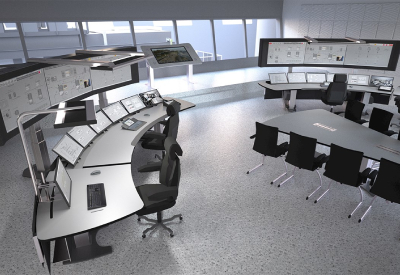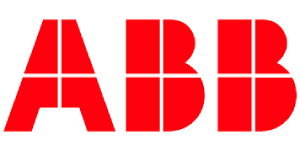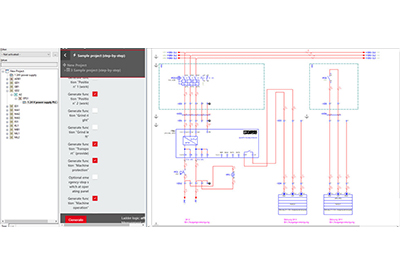ABB To Support Canadian Refiner in Transformation of Conventional Crude Oil Facility into Renewable Fuel Production Site

June 10, 2022
ABB has been selected by Braya Renewable Fuels to support the transformation of the idled Come By Chance oil refinery in Newfoundland and Labrador, Canada, into a state-of-the-art renewable fuels production center. Braya Renewable Fuels is focused on powering the decarbonized future of the heavy transportation sector, a critical component of the global economy, and is seeking to complete the Phase one conversion project and begin producing renewable diesel in late 2022 with initial nameplate production capacity of up to 18,000 barrels per day.
-
•ABB to automate state-of-the-art renewable fuel production center
-
•Idled Come By Chance oil refinery in Newfoundland to produce renewable diesel and sustainable aviation fuel, helping decarbonize heavy road transport and aviation sectors
-
•ABB to help Braya Renewable Fuels create long-term environmentally sustainable solution
Following majority acquisition by Cresta Fund Management, a US based private equity firm, the Come By Chance site became the first asset of Braya Renewable Fuels, and is currently being transformed to utilize renewable feedstock. The Braya facility will convert used cooking oil, corn oil and animal fat into renewable diesel (RD) and sustainable aviation fuel (SAF). With the transformation, the strategically located refinery will continue its 50-year operating history, securing employment for 200+ workers.
The conversion to renewable diesel production requires a significant upgrade to the facility’s existing automation technology, which dates to the 1980s. To ensure optimum efficiency and productivity in the manufacturing operations, ABB will deploy its market-leading ABB Ability™ 800xA distributed control system. The facility will leverage ABB’s signature Adaptive Execution™ project approach to streamline and optimize operations into a more agile end-to-end solution, tied together with the ABB Ability™ digital platform. This will eliminate a large part of the installation costs and allow for late design flexibility which is particularly important on this fast-paced project.
Braya has also commissioned three of ABB’s advanced Extended Operator Workplace (EOW) platforms for its new control room, enabling 360-degree visibility of plant processes and improved communications solutions for operators. ABB’s scope of work also includes installation and commissioning of the new equipment, user training and delivery of its digital ABB Ability™ Connected Worker application suite to improve safety, reduce unscheduled downtime and increase operational efficiency. The project will deliver a High-Fidelity Process Simulator for the HI and HDO Units, with a fourth EOW platform to enable dedicated Operator Training. The Process Simulator is an enabler for efficient Plant Commissioning and Start-Up.
Renewable fuel, a growing alternative to traditional fuel, is produced from 100 percent low carbon renewable source materials. It is wholly compatible with existing vehicles and infrastructure and can yield up to 80 percent lower lifecycle emissions over fossil-based diesels.
The global renewable diesel capacity is expected to reach 14.63 million tons in 2024, with the global demand projected to reach 12.88 million tons[1]. Factors such as the growing production of motor vehicles, increase in biofuel demand, rise in carbon dioxide emission, availability of used cooking oils and emission control regulations by government will continue to drive the growth of the market.
“ABB showed a clear understanding of the main business drivers for our world class conversion project, most importantly to enable the refinery with state-of-the-art controls and automation technology while meeting our required schedule to be up and running in Q3 2022,” said Reed Maxson at Braya. “Their proven approach to project execution, supported by a local presence and service function, set them apart in our selection process for this ambitious refinery transformation project.”
“Braya Renewable Fuels is a significant success story in driving the sustainability of the chemicals sector, not only for Canada, but for Refining globally. We are proud that Braya has entrusted us to deliver our state-of-the-art DCS, simulator and control room solutions at this exciting new facility which marks a major step in the decarbonization of the sector,” said Ben Venter, Vice President of ABB Energy Industries in Canada. “This project is a great example of how ABB is contributing to a more sustainable world by enabling low-carbon operations and driving more responsible use of resources.”






